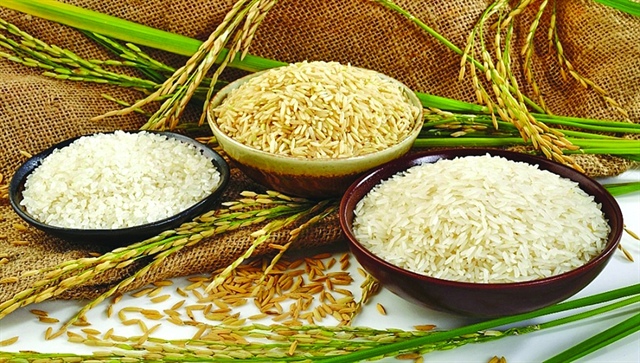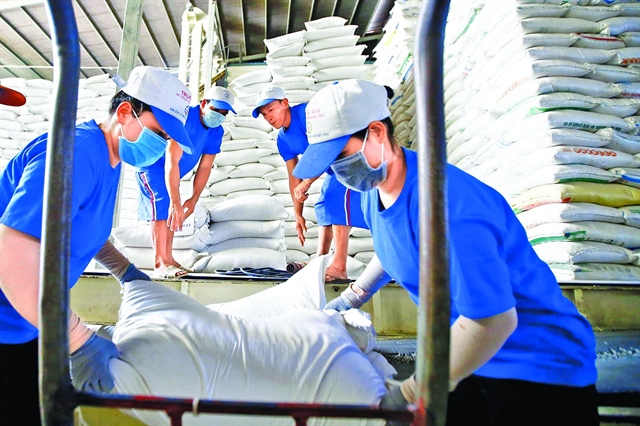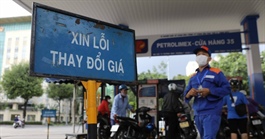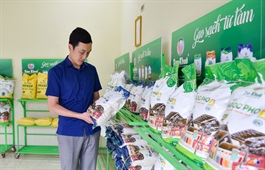Why do exports fall short of potential?
Why do exports fall short of potential?
Vietnamese rice exports to France are failing to take full advantage of preferential European Union (EU) tariffs, highlighting the need for long-term and methodical planning to boost sales to the stringent French market.

Room for Vietnam’s rice exports to France remains huge |
Major untapped potential
The Vietnam Trade Promotion Agency under the Ministry of Industry and Trade in coordination with the Vietnam Trade Office in France held a consultation session on exports to France in early December 2021. Le Thi Thanh Minh, head of the European Division under the European-American Market Department, said France is the largest rice importer in the EU with annual demand of about 600,000 tonnes. It is also a major export market for Vietnamese rice. However, Vietnam’s exports remained modest compared to the import demand, accounting for only 2.1 percent of market share.
Vu Anh Son, head of the Vietnam Trade Office in France, said the EU-Vietnam Free Trade Agreement (EVFTA) gives Vietnam a quota of 80,000 tonnes of rice with a zero-percent tax rate per year, including 30,000 tonnes of milled rice, 20,000 tonnes of unmilled rice and 30,000 tonnes of fragrant rice. In addition, the EU also fully liberalizes broken rice. However, in 2020, Vietnam’s exports of unmilled, milled and broken rice to France only reached some 3,000 tonnes, more than 15,000 tonnes and 5,000 tonnes, respectively.
Son attributed this failure to take full advantage of opportunities provided by the trade deal to an ineffective approach to potential partners when introducing products. At present, Vietnamese rice has only been available in small-scale stores and retail chains and has not hit the shelves of French hypermarkets.
Only six domestic businesses are eligible to directly export rice to 16 partners in France. Domestic rice exporters are facing a series of problems, such as language barrier, fierce competition from regional rivals, EU protectionism for agricultural products, and lack of brand identity. In addition, the price of Vietnamese rice tends to be higher than similar products already in the market. In particular, strict EU regulations on food safety and hygiene, plant quarantine and packaging also challenge local businesses.

Vietnamese firms must meet quality standards required by export markets |
Language, access barriers
Vietnamese businesses must devise long-term and methodical plans to increase exports to the French market specifically by focusing on market research and development, and mobilizing a team of consultants to resolve the language barrier and overcome difficulties in approaching French partners.
Dinh Thi Tuyet Nhung, network and business expansion manager at Source of Asia, said consultants will propose market development plans through setting reasonable goals, allocating resources, preparation and implementation, and updating feedback and making adjustments. Nhung emphasized the importance of setting reasonable goals in order to measure project success.
In addition, consultants will cooperate with the Vietnam Trade Office in France to assist businesses in building their brands and expanding markets. Nhung also recommended that businesses study commercial law and payment terms to make the most of opportunities. She mentioned market research to determine the target market as an indispensable step. After seeking partners and obtaining customers, businesses should devise long-term plans of setting up branches or having a commercial representative in the host country. In addition, domestic businesses need to meet the quality standards required by the market.




























